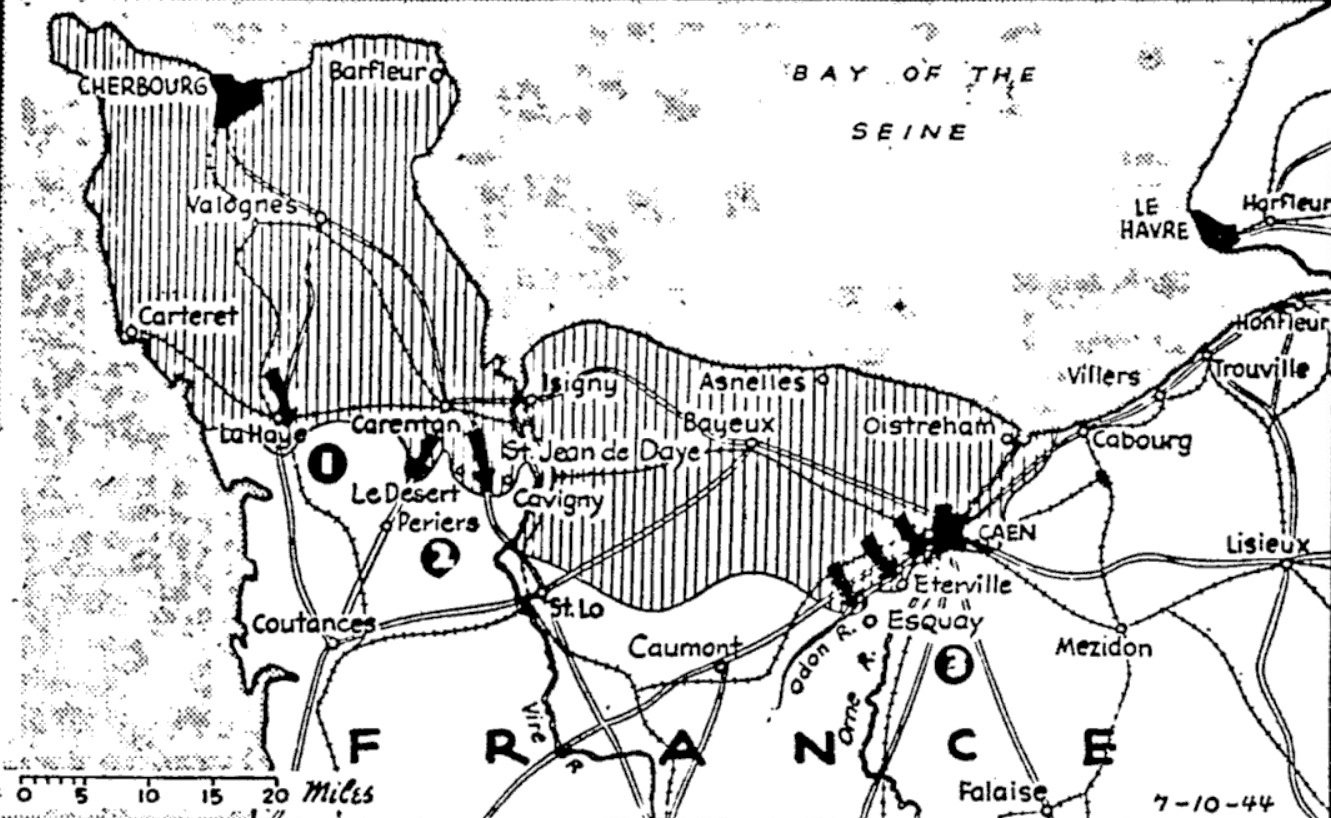He would have died, but –
19 quarts of blood, plasma poured into wounded Yank
Liver ruptured, spleen shattered and stomach perforated, now he’s recovering
By Thomas R. Henry, North American Newspaper Alliance
With U.S. forces in France – (July 5, delayed)
The body of an American soldier was completely refilled with blood – five quarts – to save his life in the course of a two-hour operation.
His liver had been ruptured, his spleen shattered and his stomach perforated from a shell explosion, all of them probably fatal wounds. He is now recovering.
This operation was part of a 60-hour ordeal for Maj. Stewart Welsh, a surgeon from Albany Medical College, who operated on wounded soldiers for this entire period with only a three-hour fitful nap, on the Cherbourg front.
Gets 14 quarts of plasma
The soldiers arrived in a state of shock. Two quarts of fresh blood were given at once to revive him to stand the surgery. This blood is donated by English civilians, flown to France daily, and delivered to every U.S. hospital base here in a big refrigerator van, touring the front continuously. The same van delivers penicillin supplies so there is no shortage possible.
During the operation, the man was given a third quart and immediately afterward two more quarts. The normal human body – no matter what the weight – contains five quarts. In addition, during and after the operation, the soldier got 14 quarts of blood plasma to counteract the shock. When he reached the operating table, Maj. Welsh had little hope that he would survive. Great quantities of blood had been lost from the liver wound. But the soldier rallied rapidly at the evacuation hospital commanded by Col. Paul Hayes of Washington.
Handles 3,000 cases
In the last two days, 185 cases of major surgery have been performed by the 32 surgeons under Maj. Welsh. Minor surgery, such as setting scores of arms and legs, is not mentioned. The surgeons work in two-men teams in 12-hour shifts, never stopping. Then they spend four hours preparing for the next shift. Brain and jaw injuries are the most frequent because the lower part of the body is protected in the small-arms fighting which is taking place behind shoulder-high garden walls along the roads.
This single hospital has handled nearly 3,000 cases since the campaign started. It is now aided by American surgical teams of specialists, moving from hospital to hospital as the burden mounts.
Although the total replacement of blood in two hours is unique, the same surgeons have had other cases which have been refilled five times – five quarts each time – in a week. This blood is burned up by gas gangrene, but the men now being evacuated are recovering.
Important experiments are underway here with a combination of penicillin and sulfadiazine on gangrene, formerly one of war’s worst scourges, but now often successfully combatted by sulfa drugs. Every victim is given a full dose of both drugs. Preliminary indications show synergic action, that is, one increasing the effect of the other.
